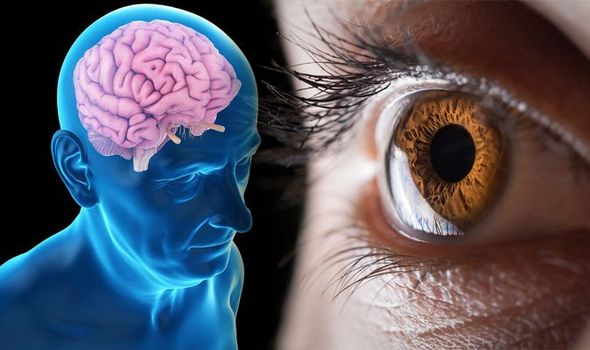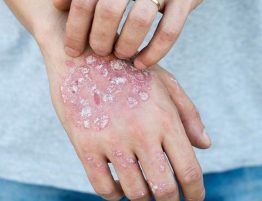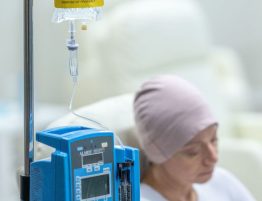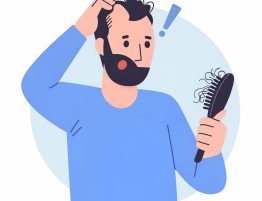
Dementia is an overall term for diseases and conditions characterized by a decline in memory, language, problem-solving and other thinking skills that affect a person’s ability to perform everyday activities.
Although dementia mainly affects older people, it is not a normal part of aging. Dementia has a physical, psychological, social, and economic impact, not only on people with dementia, but also on their carers, families and society at large.
Causes of Dementia
Dementia is caused by damage to loss of nerve cells and their connections in the brain. Dementias are often grouped by what they have in common, such as the protein or proteins deposited in the brain or part of the brain that’s affected.
Progressive Dementia
Types of dementias that progress and aren’t reversible include
- Alzheimer’s Disease
- Vascular Dementia
- Lewy body Dementia
- Frontotemporal Dementia
- Mixed Dementia
Other disorders linked to dementia
- Huntington’s Disease
- Traumatic Brain Injury
- Creutzfeldt-Jakob Disease
- Parkinson’s Disease
Dementia-like conditions that can be reversed
Some causes of dementia or dementia-like symptoms can be reversed with treatment
- Infections and immune disorders
- Metabolic problems and endocrine abnormalities
- Nutritional deficiencies
- Medication side effects
- Subdural hematomas
- Poisoning
- Brain tumors
- Anoxia
- Normal-pressure hydrocephalus
Signs and Symptoms
Dementia affects each person in a different way, depending upon the impact of the disease and the person’s personality before becoming ill. The signs and symptoms linked to dementia can be understood in three stages.
Early Stage: the early stage of dementia is often overlooked, because the onset is gradual. Common symptoms include:
- Forgetfulness
- Losing track of time
- Becoming lost in familiar places
Middle Stage: as dementia progresses to the middle stage, the signs and symptoms become clearer and more restricting.
These include:
- becoming forgetful of recent events and people’s names
- becoming lost at home
- having increasing difficulty with communication
- needing help with personal care
- experiencing behaviour changes, including wandering and repeated questioning.
Late Stage: the late stage of dementia is one of near total dependence and inactivity. Memory disturbances are serious and the physical signs and symptoms become more obvious.
Symptoms include:
- becoming unaware of the time and place
- having difficulty recognizing relatives and friends
- having an increasing need for assisted self-care
- having difficulty walking
- experiencing behaviour changes that may escalate and include aggression.
Diagnosis
No single test can diagnose dementia, so doctors are likely to run a number of tests that can help pinpoint the problem. Diagnosis can be done through:
- Cognitive and neuropsychological tests
- Neurological evaluation
- Brain scans
- CT scan or MRI
- PET Scans
- Laboratory tests
- Psychiatric Evaluation
Treatments
The following are used to temporarily improve dementia symptoms
Medications – the following are used to temporarily improve dementia symptoms
- Cholinesterase inhibitors
- Memantine
- Other medications
Therapies – several dementia symptoms and behavior problems might be treated initially using non drug approaches, such as;
- Occupational therapy – An occupational therapist can show you how to make your home safer and teach coping behaviors. The purpose is to prevent accidents, such as falls; manage behavior; and prepare you for the dementia progression.
- Modifying the environment. Reducing clutter and noise can make it easier for someone with dementia to focus and function. You might need to hide objects that can threaten safety, such as knives and car keys. Monitoring systems can alert you if the person with dementia wanders.
- Simplifying tasks. Break tasks into easier steps and focus on success, not failure. Structure and routine also help reduce confusion in people with dementia.
What We Offer
We at Almurshidi Medical Tourism will find the best doctors to cater to your needs. We are partnered with a wide network of hospitals and clinics that provide top quality medical experience.
We provide free medical estimates, make medical appointments, and provide several medical opinions if needed at no cost.
Contact us
For more information contact us at +66822004040 or via WhatsApp







